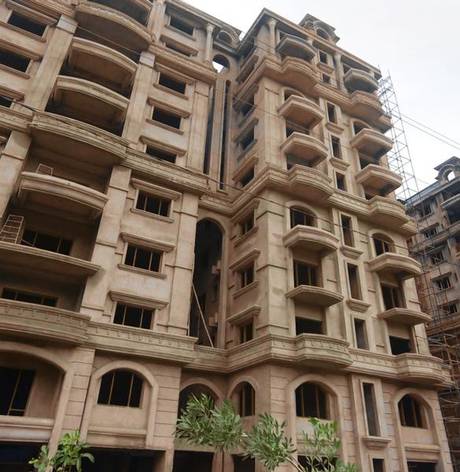Your property-related legal queries answered by S.C. RAGHURAM, Partner, RANK Associates, a Chennai-based law firm
I have purchased a flat from a builder who has developed the property belonging to two individuals (50% share each).
The original owner of the property who possessed 50% of the share sold 25% of undivided share of land to me. The entire property was developed in 2013. I’d like your advice on:
– Sharing of common charges
– The 50 % undivided share holder is using the car parking area to park three vehicles, leaving just one slot for me.
– He has set-up an area to store gym equipment, preventing others from using that portion.
M. Balasubramanian
Chennai
In any complex of flats, the appurtenant land and common areas (passages, staircases, parking, terrace etc.) have to be left for the use of all the owners.
No single owner or tenant in an aprtment can claim any exclusive right over the same.
The common expenses for maintenance, including repairing of cracks in the balcony, have to be shared by all three of you in the ratio of land holding. Similarly, the use of car parking slots have to be equitably allotted based on your respective share in the land area.
On encroachment of common areas, you can issue a notice to the other owners to keep the common areas free from their personal belongings. In case of non compliance, you have to take necessary steps through Court.
In 2013, I purchased a plot measuring 2,400 square feet at a community living project at Navalur.
Out of the 414 residents, only 65 members attended the general body meeting. Please confirm whether the bye-laws prepared by the lawyer can be approved by 65 members (instead of a two-third majority)?
What is the methodology to be adopted for collecting maintenance charge as per Tamil Nadu Plot Owners Act?
K. Paulrajan
Chennai
The provisions in your bye-laws relating to the conduct of a general body meeting, presence or absence of quorum and other related aspects have to be looked into for ascertaining the validity of the resolutions passed in the meeting.
There is no such Act as a Tamil Nadu Plot Owners Act and collection of maintenance charges from plot owners have to be decided by the general body.
The lawyer who prepared the bye-laws for your association should be able to guide you in this regard.

